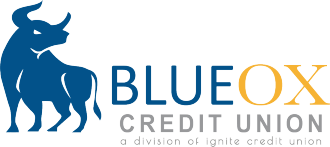Online Fraud
Spoof Websites and Phishing
Through the use of fraudulent emails, internet thieves attempt to “phish” for your confidential information. They attempt to steal this information from you by means of “pop-ups” or emails with internet links to deceive you into disclosing sensitive information (such as bank account numbers and Social Security Numbers).
Often the email appears to be from a trusted source (such as your financial institution) and directs you to a “spoof” or fake website that requests you to divulge sensitive information or even ask you to call a phone number and provide account information.
Malware
Malware (malicious software) includes viruses, spyware and trojans that are designed to infiltrate or damage a computer system. Malware is often used to steal personal information and commit fraud.
Money Mules
Money mules are unsuspecting victims who become middlemen for criminals trying to launder stolen funds or merchandise. This type of online scam preys on victims who are unaware that the money or merchandise they are transferring is stolen. In these scams, the stolen money or merchandise is transferred from the victim’s country to the scam operator’s country.
Internet Scams
The internet has provided consumers with more transaction and business offerings than ever before. An individual can bid on a luxury item and a business owner can advertise to a global market at a click of the button. As a consumer you must be aware that internet scams are as varied and abundant as the legitimate offerings on the internet.
Some of the most common internet scams are Auction Frauds (misrepresentation or non-delivery of an advertised product through an internet auction site), Email Fraud/SPAM (unsolicited offers with the objective of gathering personal information that can be used to steal your money and/or your identity), Lottery or Sweepstakes Scam (tricking consumers into believing they have won large sums of cash through foreign lotteries), Overpayment Scam (a so-called buyer comes up with a reason for writing you a check for more than the purchase price, and asks you to wire back the difference).
« Return to "Member Security" Go to main navigation
